July is a prime time to propagate plants from the garden. Summertime plants generally have plenty of good growth that is at the ideal stage (softwood or semi-hardwood cuttings) and have plenty of time to make enough roots to overwinter well. Plus the summer heat helps cuttings to root fast. Whether you are just wanting more plants for your gardening, for friends, or for a plant sale now is a great time to take some cuttings. Here are 18 plants you can propagate in July!
1. Viburnum
- Type of Cutting: Semi-hardwood
- Method: Take 4-6 inch cuttings with at least two leaf nodes. Dip in rooting hormone and place in moist potting mix. (layering and division can also work well)
- Rooting Time: 4–8 weeks
- How to Propagate Viburnum
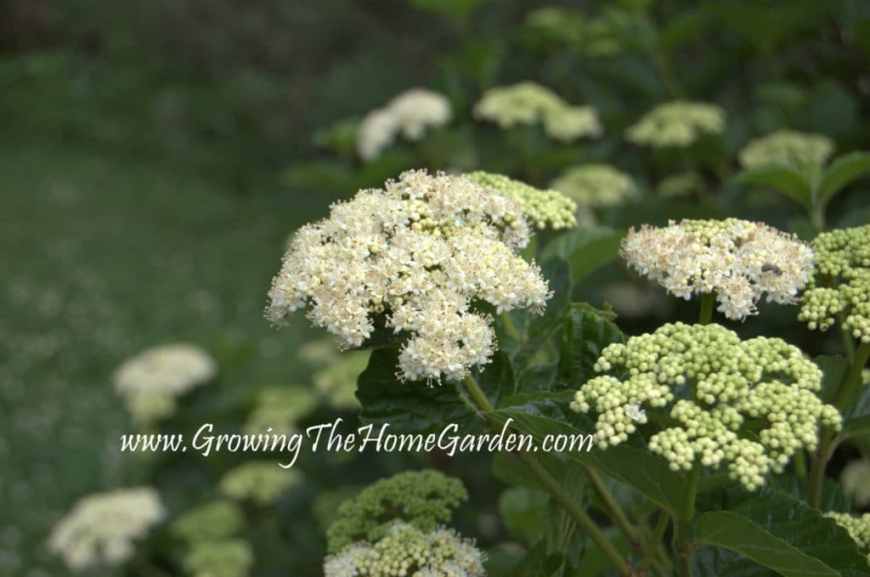
2. Russian Sage (Perovskia atriplicifolia)
- Type of Cutting: Softwood
- Method: Cut 3–5 inch tips from non-flowering shoots. Root in a well-draining mix.
- Rooting Time: 2–4 weeks
- How to Propagate Russian Sage from Cuttings
3. Salvia (Perennial types)
- Type of Cutting: Softwood
- Method: Take 3–4 inch cuttings just below a node. Remove lower leaves and root in a bright, humid environment.
- Rooting Time: 2–3 weeks
- How to Root Salvia from Cuttings
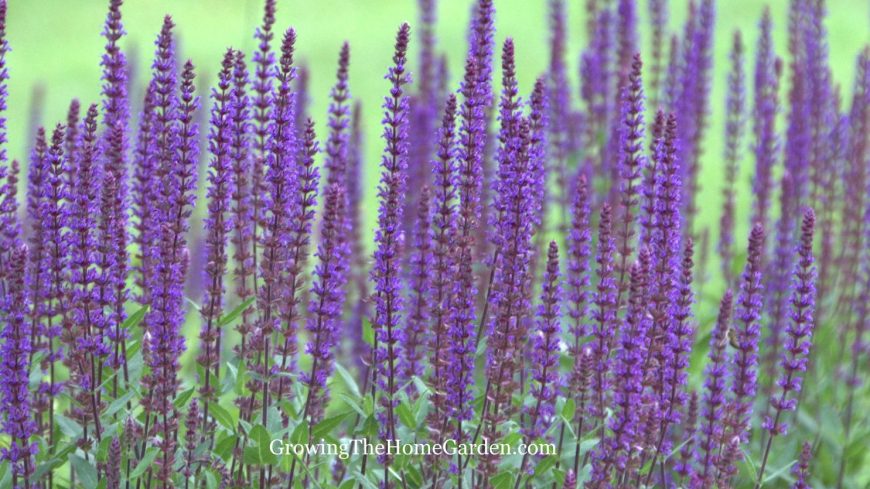
4. Hydrangea (macrophylla, paniculata, etc.)
- Type of Cutting: Softwood or Semi-hardwood
- Method: Take 4–6 inch cuttings, remove lower leaves, and dip in rooting hormone. Keep moist and humid.
- Rooting Time: 3–4 weeks
- How to Propagate Hydrangea from Cuttings; How to Propagate Limelight Hydrangea from Cuttings
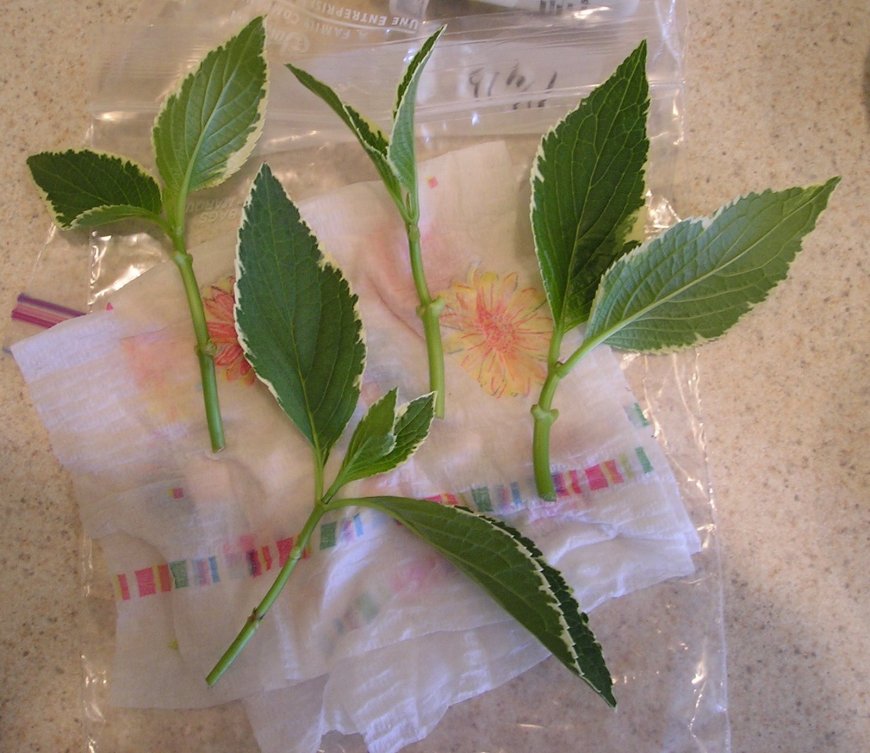
5. Boxwood (Buxus spp.)
- Type of Cutting: Semi-hardwood
- Method: Take 4-inch cuttings from this season’s growth. Root in a sand/peat mix under humidity.
- Rooting Time: 4–6 weeks (may overwinter in the pot to develop)
- How to Propagate Boxwood from Cuttings
6. Arborvitae (Thuja spp.)
- Type of Cutting: Semi-hardwood
- Method: Pull 6–8 inch “heel” cuttings from side shoots. Dip in rooting hormone and keep in high humidity.
- Rooting Time: 6–8 weeks (may overwinter in propagation setup)
- How to Root Arborvitae from Cuttings
7. Spirea
- Type of Cutting: Softwood
- Method: Take 3–4 inch tips from new green growth. Root easily in a moist medium with indirect light.
- Rooting Time: 2–4 weeks
8. Weigela
- Type of Cutting: Softwood to Semi-hardwood
- Method: Cut 4–6 inch non-flowering shoots. Remove lower leaves, dip in rooting hormone, and place in a light, moist area.
- Rooting Time: 3–5 weeks
9. Forsythia
- Type of Cutting: Semi-hardwood
- Method: Take 6-inch cuttings from mid-season growth. Root outdoors in a shaded area or under plastic cover.
- Rooting Time: 4–6 weeks
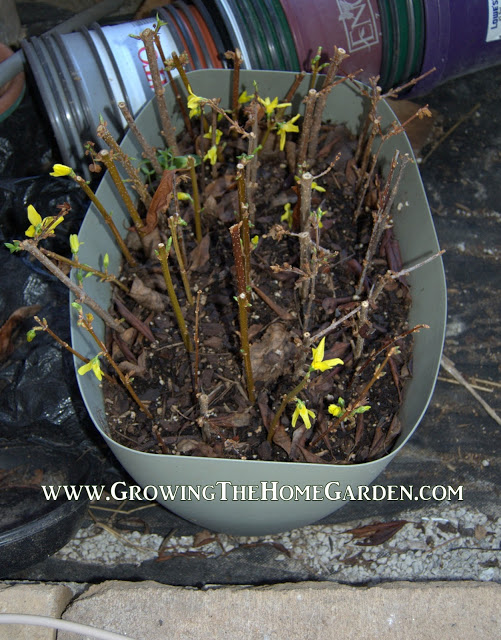
10. Ninebark (Physocarpus opulifolius)
- Type of Cutting: Semi-hardwood
- Method: Take 4–6 inch cuttings from healthy growth. Use rooting hormone and keep in dappled shade.
- Rooting Time: 3–6 weeks
- How to Propagate Ninebark
11. Rosemary
- Type of Cutting: Softwood
- Method: Cut 3–4 inch tips, strip lower leaves, and place in perlite or sandy mix. Cover for humidity.
- Rooting Time: 2–4 weeks
- How to Propagate Rosemary
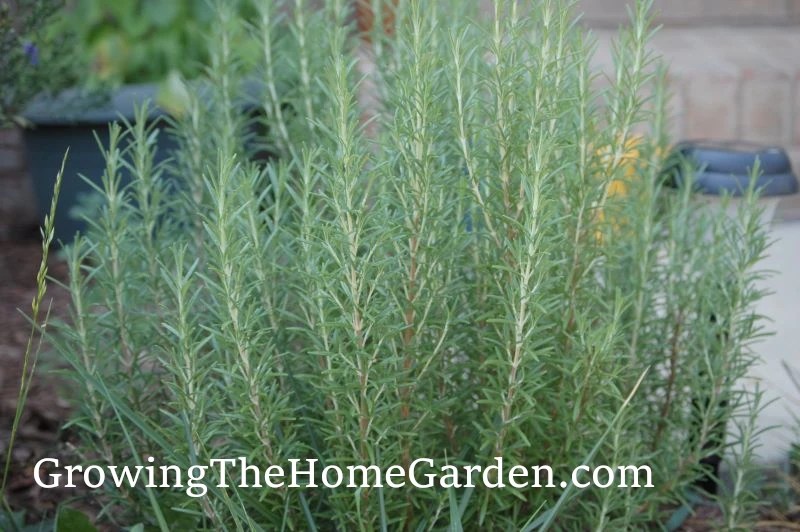
12. Coleus
- Type of Cutting: Softwood
- Method: Take tip cuttings 3–5 inches long. Root in water or directly in soil. There is no need for rooting hormone for coleus to root successfully.
- Rooting Time: 1–2 weeks (very fast!)
- Propagating Coleus from Cuttings
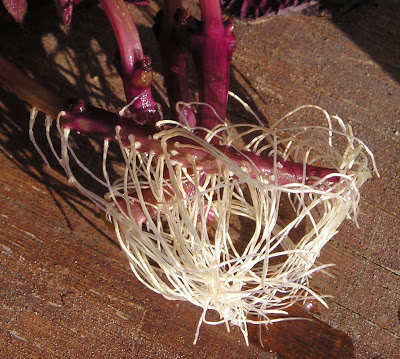
13. Crape Myrtle (Lagerstroemia spp.)
- Type of Cutting: Semi-hardwood
- Method: Take 5–6 inch cuttings, remove lower leaves, and root in moist media with bright light.
- Rooting Time: 4–6 weeks
- Propagating Crape Myrtle from Cuttings

14. Blueberry (Vaccinium spp.)
- Type of Cutting: Semi-hardwood
- Method: Take 4–5 inch cuttings from this year’s growth. Use a peat/perlite mix and high humidity.
- Rooting Time: 6–8 weeks or longer
15. Lavender (Lavandula spp.)
- Type of Cutting: Softwood
- Method: Take 3–4 inch non-flowering tips. Strip lower leaves and root in sand or perlite mix. Avoid overwatering.
- Rooting Time: 3–4 weeks
- Propagating Lavender
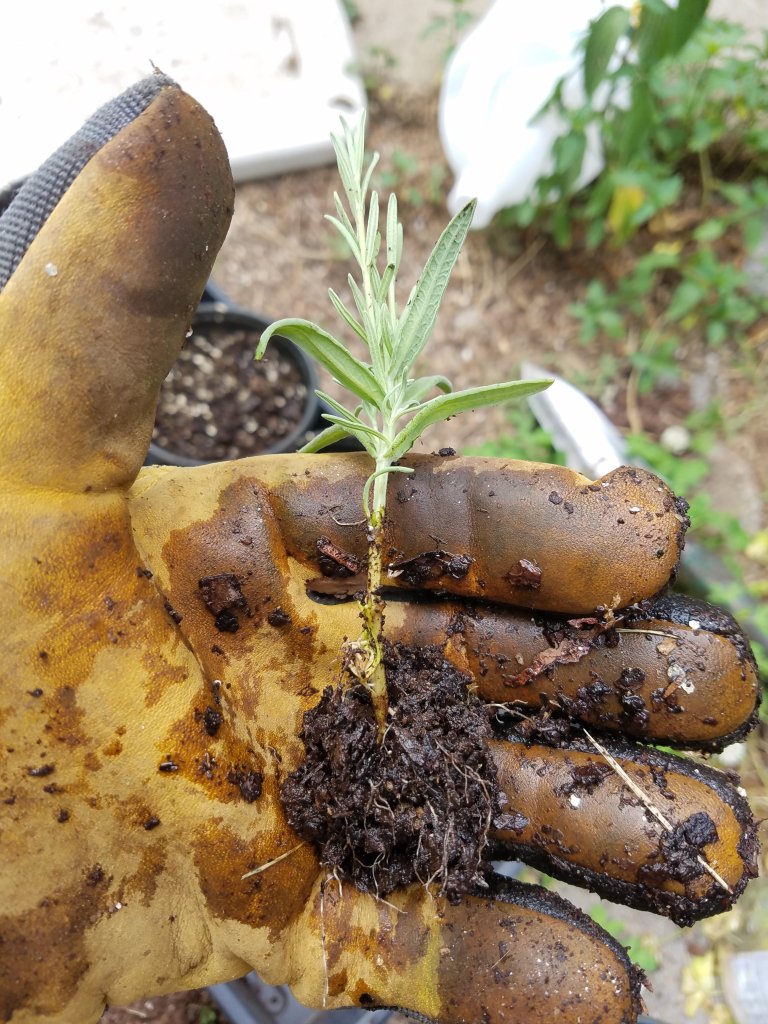
16. Sedum (Stonecrop)
- Type of Cutting: Softwood (stem or leaf)
- Method: Take 2–4 inch cuttings, let them callous for 1–2 days, and plant in well-draining soil.
- Rooting Time: 1–2 weeks
- Rooting Sedum from Leaf Cuttings
17. Fig (Ficus carica)
- Type of Cutting: Semi-hardwood
- Method: Take 6–8 inch cuttings with several nodes. Root in a potting mix with high humidity or in a plastic bag setup.
- Rooting Time: 3–6 weeks (may root faster in a warm environment)
18. Camellia (Camellia japonica or sasanqua)
- Type of Cutting: Semi-hardwood
- Method: Take 4–6 inch cuttings in mid to late July. Root in acidic medium like peat/perlite. Requires high humidity.
- Rooting Time: 6–10 weeks (can take longer) I’ve had camellia cuttings take quite a while to root. As long as the cuttings are not dying they still have potential to root.
- How to Root Camellia from Cuttings (Link to GTHG YouTube video)
Some Helpful Propagation Tips:
- Rooting Hormone is often essential for woody plants and improves success rates. For fast rooting perennials or annuals it often isn’t necessary.
- Use bottom heat (70–75°F) and high humidity (covered trays, misting domes, or plastic bags) for best results.
- Provide indirect bright light, not direct sun, during rooting. Direct sun will dry the plants out too quickly and cause stress your plants don’t need while rooting. The shade of a tree can be a great place to root your cuttings!
This month is a fantastic opportunity to turn a few trimmings into a whole bunch of new of plants.
Propagating Peppers Through Cuttings
You might think that peppers are one of those seed only grown plants. For many gardeners they are, but what if you want an exact copy of a favorite pepper plant? With peppers we typically sow the seeds in late winter and grow the seedlings…
How to Propagate English Laurel Cuttings (Otto Luyken, Skip Laurel)
This weekend we ventured up to my wife’s parents house. I’m always looking for something plant or garden related to get into so I braved the 30 degree temperatures for a little while to see what I could find. I decided to take some more…
Propagating ‘Shasta’ Viburnum (Viburnum plicatum f. tomentosum) from Cuttings
I have many favorite plants (as all gardeners can attest to) but I am really a big fan of viburnums. Many viburnums have showy flowers in the spring, leafy green foliage throughout the growing season, and great fall color. Some are evergreen, many provide food…
How to Root and Grow Russian Sage from Cuttings (Plant Propagation)
I’ve propagated many plants over the years and one of my favorite plants to propagate is Russian sage. Yesterday I was able to transplant several Russian sage cuttings (Perovskia atriplicifolia*) into pots to grow for a little while until I can plant them in the…
How to Propagate Arborvitae from Cuttings
As always I’m excited to get new plants through plant propagation and I’m pretty excited to add 5 new dwarf arborvitae to the collection! I bought the ‘Little Giant’ arborvitae (Thuja occindentalis) last fall on the discount rack and planted two of them in the…
Asiatic Lily Propagation with Bulbils
Perhaps one of the easiest methods of plant propagation is through bulbils. Bulbils are simply baby plants produced along aerial stem of a plant. Lilies are well known for producing bulbils and you can take advantage of this natural plant ability to create more lilies…
Discover more from Growing The Home Garden
Subscribe to get the latest posts sent to your email.







